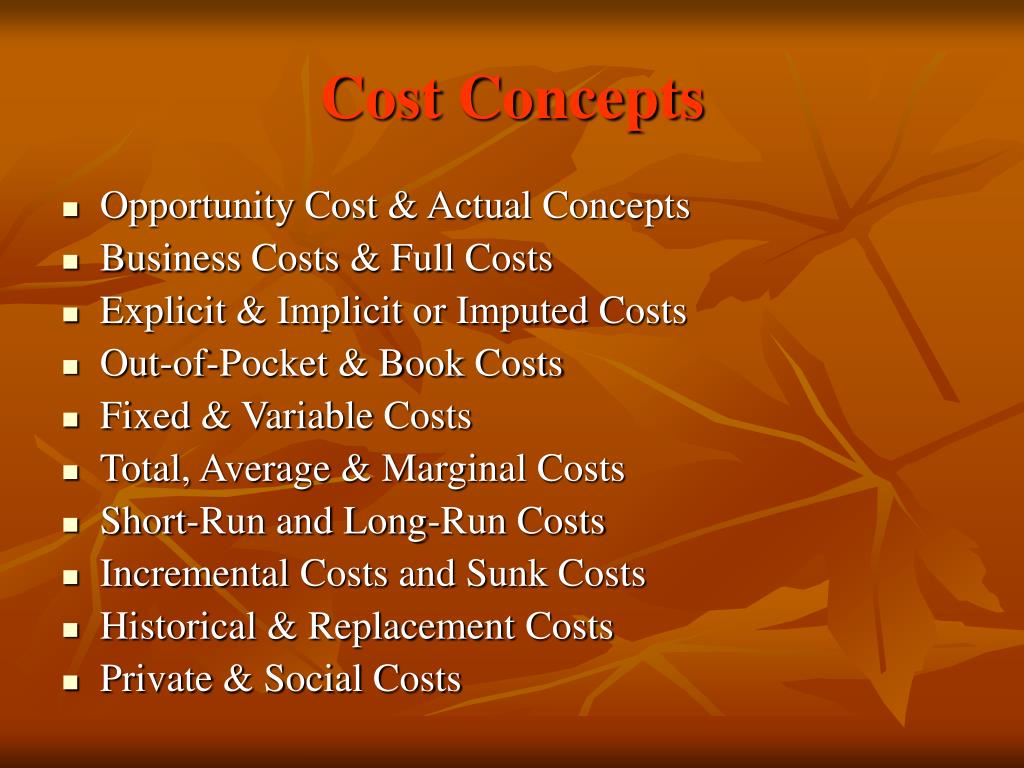

Rather, the role of financial reporting is to promote decisions that are well-informed and to provide investors information they need to make those decisions. The role of financial reporting is not to deter-mine or influence what capital allocation decisions should be made or what actions should be taken by management. The economic consequences of a new financial reporting standard are separate and distinct from an analysis of costs and benefits relating to the adoption of a new standard. The chart below illustrates the many elements that play into the Board’s decision-making process.ĬOST–BENEFIT DIFFERS FROM AN ANALYSIS OF ECONOMIC CONSEQUENCES Technical decisions by the Board are made in public meetings after careful consideration of the input from stakeholders.

Before being implemented, every proposal is exposed for public commentary and discussed with numerous informed stakeholders. Stakeholders are asked about the most faithful way to portray a transaction or economic phenomenon, as well as the most cost-effective ways to implement any changes. Throughout the stages of a project, the FASB’s procedures, which are called “due process,” are specifically designed to generate feedback about costs and benefits of a proposed new standard. These stakeholders represent a broad range of capital market participants, including investors, analysts, donors to nonprofit organizations, financial statement preparers, auditors, academics, and other interested parties. The FASB sets accounting standards through processes that are open and allow for extensive input from all stakeholders. HOW DOES THE FASB GATHER INFORMATION ABOUT POTENTIAL COSTS AND BENEFITS OF STANDARDS?Īn independent standard-setting process is critical to producing high-quality accounting standards, because it relies on the collective judgment of experts, and it is informed by the input of all interested parties through a thorough and deliberative process. The FASB strives to improve financial reporting in the most cost–effective manner. Furthermore, an associated principle guiding the FASB is to issue standards only when the expected improvement in the quality of the information provided to users-the benefit-justifies the cost of preparing and providing that information. For that reason, projects are only added to the FASB’s agenda when current financial reporting information is not portraying an objective and complete reflection of the underlying economics. As an independent setter of accounting standards, FASB is focused on the needs of financial statement users for neutral information and fair presentation: FASB is not attempting to influence behavior or to achieve a particular outcome.įinancial reporting comes at a cost-the cost to prepare, provide, and audit the information. Investors, creditors, donors, and other users of financial reports require credible, transparent, comparable, and unbiased financial information. capital markets by setting accounting standards that provide investors with the information they need for decision–making.įASB standards, known collectively as nongovernmental Generally Accepted Accounting Principles or GAAP, are essential to the efficient functioning of the U.S. Since 1973, the Financial Accounting Standards Board (FASB) has worked to strengthen U.S. In order to make better decisions about whether, when, and where to allocate investment capital, high-quality financial reporting is a prerequisite.

THE COST-BENEFIT ANALYSIS INTEGRATED THROUGHOUT THE FASB’S STANDARD-SETTING PROCESS


 0 kommentar(er)
0 kommentar(er)
